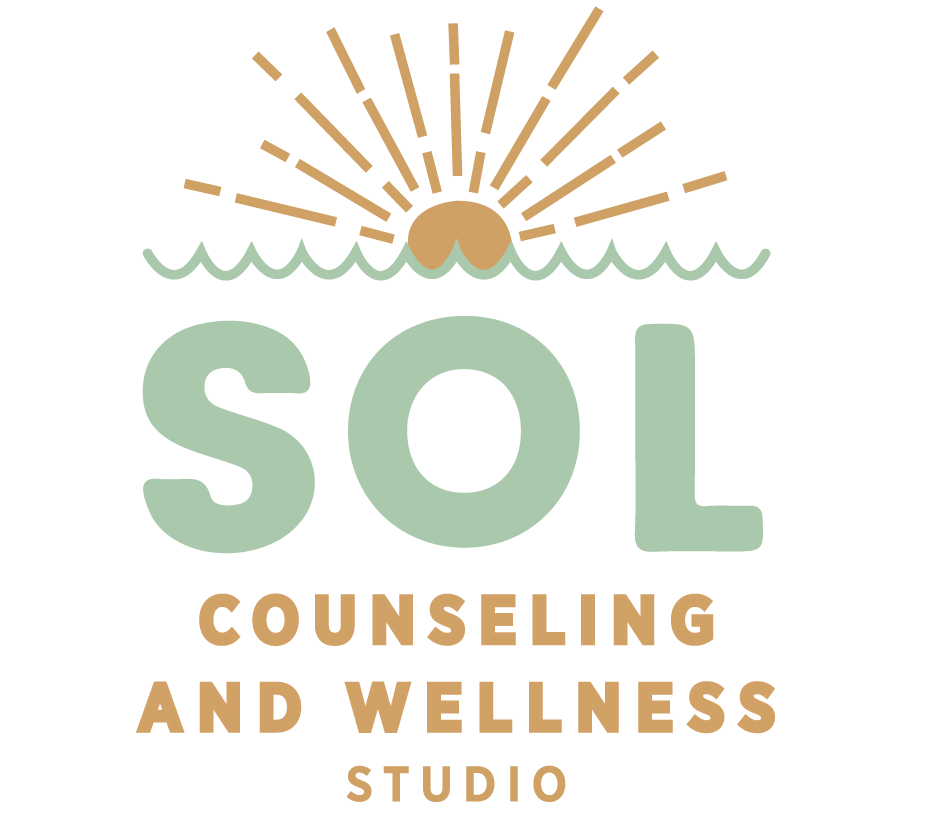Supporting a Loved One in Eating Disorder Recovery: A Guide for Family and Friends
Watching someone you care about struggle with an eating disorder can be overwhelming, confusing, and heartbreaking. You want to help, but it’s not always clear what kind of support is most effective or what might unintentionally make things harder. Recovery is possible, and loved ones play a meaningful role, but it’s equally important to remember that you can’t do the work for someone. Instead, you can walk alongside them with compassion, education, and healthy boundaries.
In this post, we’ll explore ways to recognize eating disorder behaviors, introduce the MyPlate Method as a guide for balanced meals, and share practical strategies for supporting your loved one while maintaining your role as a family member or friend.
Recognizing Eating Disorder Behaviors
Eating disorders aren’t just about food or weight. They are complex mental health conditions that often involve anxiety, depression, and emotional distress. Some common behaviors to be mindful of include:
Skipping meals or avoiding eating in front of others
Frequent trips to the bathroom after meals
Strict rules around food (e.g., “I can’t eat carbs after 6 p.m.”) Excessive exercise or distress when exercise is missed Labeling foods as “good” or “bad”
Heightened anxiety around social situations involving food
Noticing these patterns doesn’t mean jumping to conclusions, but awareness allows you to
respond with gentleness and care if you’re concerned.
The MyPlate Method
A helpful way to think about balanced eating in recovery is through the MyPlate Method, a visual nutrition guide developed by the USDA. Instead of focusing on calories, food rules, or labeling meals as “healthy” or “unhealthy,” MyPlate emphasizes that all foods have value and can fit into a balanced lifestyle.
The plate is divided into sections to represent different food groups:
½ plate fruits and vegetables
¼ plate grains (ideally whole grains)
¼ plate protein
Plus a serving of dairy (or dairy alternative)
For someone in recovery, this method can make meals less overwhelming by offering a flexible structure. It shifts the focus from restriction to balance, helping to normalize eating and reduce anxiety around food choices.
How You Can Offer Support
Every person’s recovery looks different, but here are some ways you can provide meaningful, non-intrusive support:
•Eat together: Sharing meals helps reduce isolation and makes eating feel like a normal,connected experience rather than a stressful event.
•Create accountability in gentle ways: Some families and friends set up a group chat toshare what they’re making or eating each day. This provides encouragement without turning into surveillance.
•Stay in your role: You are a loved one, not a therapist or dietitian. Your job isn’t to managerecovery it’s to provide encouragement and care while encouraging your loved one to seek professional help.
•Practice food neutrality: Avoid labeling foods as “good” or “bad.” Instead, model neutrallanguage, such as describing textures or flavors, to help reduce shame and reinforce that all foods can fit.
•Offer presence, not pressure: Instead of demanding that your loved one eat, try supportivephrases like, “I’d love for us to have lunch together.” This emphasizes connection, not control.
The Importance of Professional Support
While your love and presence make a tremendous difference, professional treatment is the foundation of recovery. Encourage your loved one to work with a therapist, dietitian, or treatment program. A meal plan whether guided by the MyPlate Method or another structured approach should always be tailored by professionals who understand eating disorders.
As a family member or friend, your most valuable role is to show up with consistency, compassion, and encouragement while reminding your loved one that they don’t have to face recovery alone.
At Sol Counseling Studio, we have licensed therapists who specialize in eating disorder treatment, as well as a dietitian on staff to provide comprehensive, compassionate care. If you or someone you love is struggling with disordered eating, reaching out for professional support is a brave and important step. Eating disorders are treatable, and recovery is possible.
Hannah Lockrem AMFT

